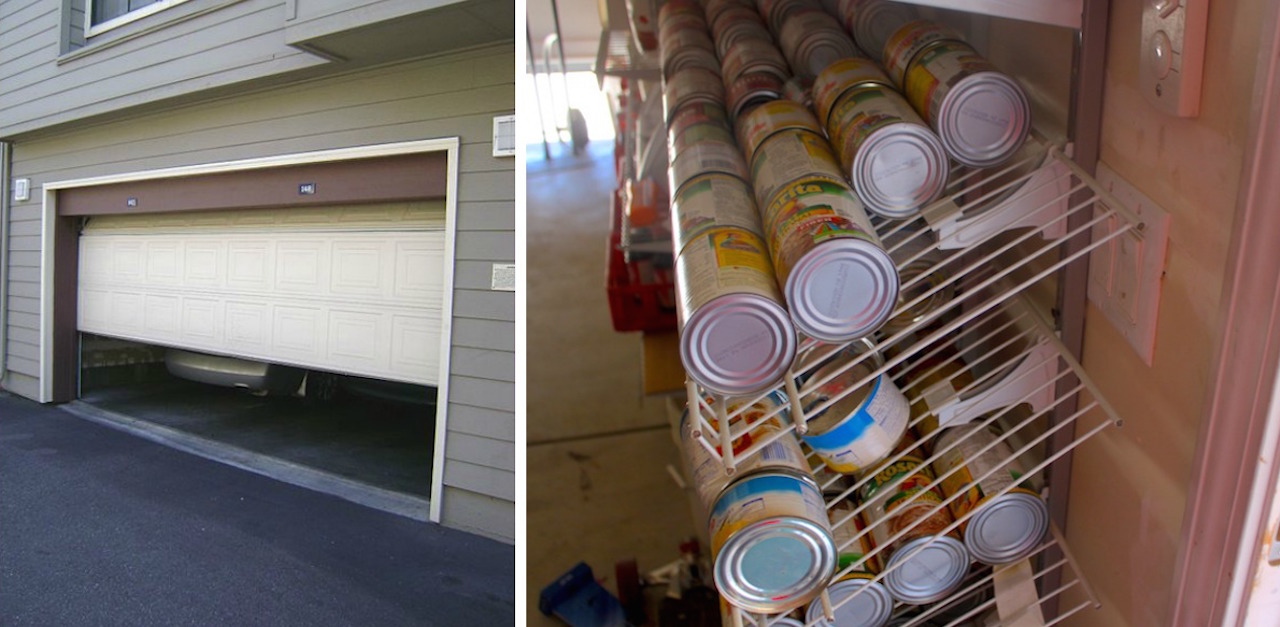
If your garage is anything like mine, it's almost impossible to see the floor because it's so packed with stuff. If something no longer fits in the house, or if you only need to use it occasionally… into the garage it goes!
Apparently, though, this isn't always the best idea. There are certain things that you should absolutely never store in the garage, and many of them may surprise you.
Unless your garage is insulated like the rest of your home, you need to be really careful about what you are keeping in there. The fluctuating temperatures and humidity levels can not only damage material possessions, but be harmful to you or your home as well.
The garage is a place for parked cars, lawn mowers, hardware, and bicycles. Beyond that, you may want to double-check and make sure that what you are storing belongs there! It's always better to be safe than sorry.
Please SHARE this list with your family and friends on Facebook!
Thumbnail Photos: Max Pixel, Wikimedia Commons / Oleg Alexandrov
1. Firewood
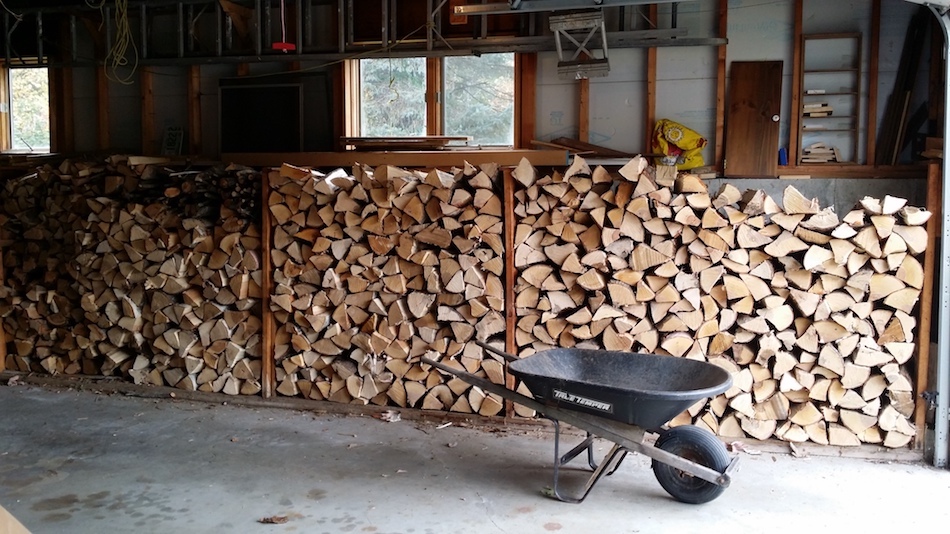
Modern Pest Services warns against storing firewood inside of your garage, as it can cause a big pest problem.
Be safe and keep it all outside on an elevated platform, covered by a tarp.
2. Propane Tanks
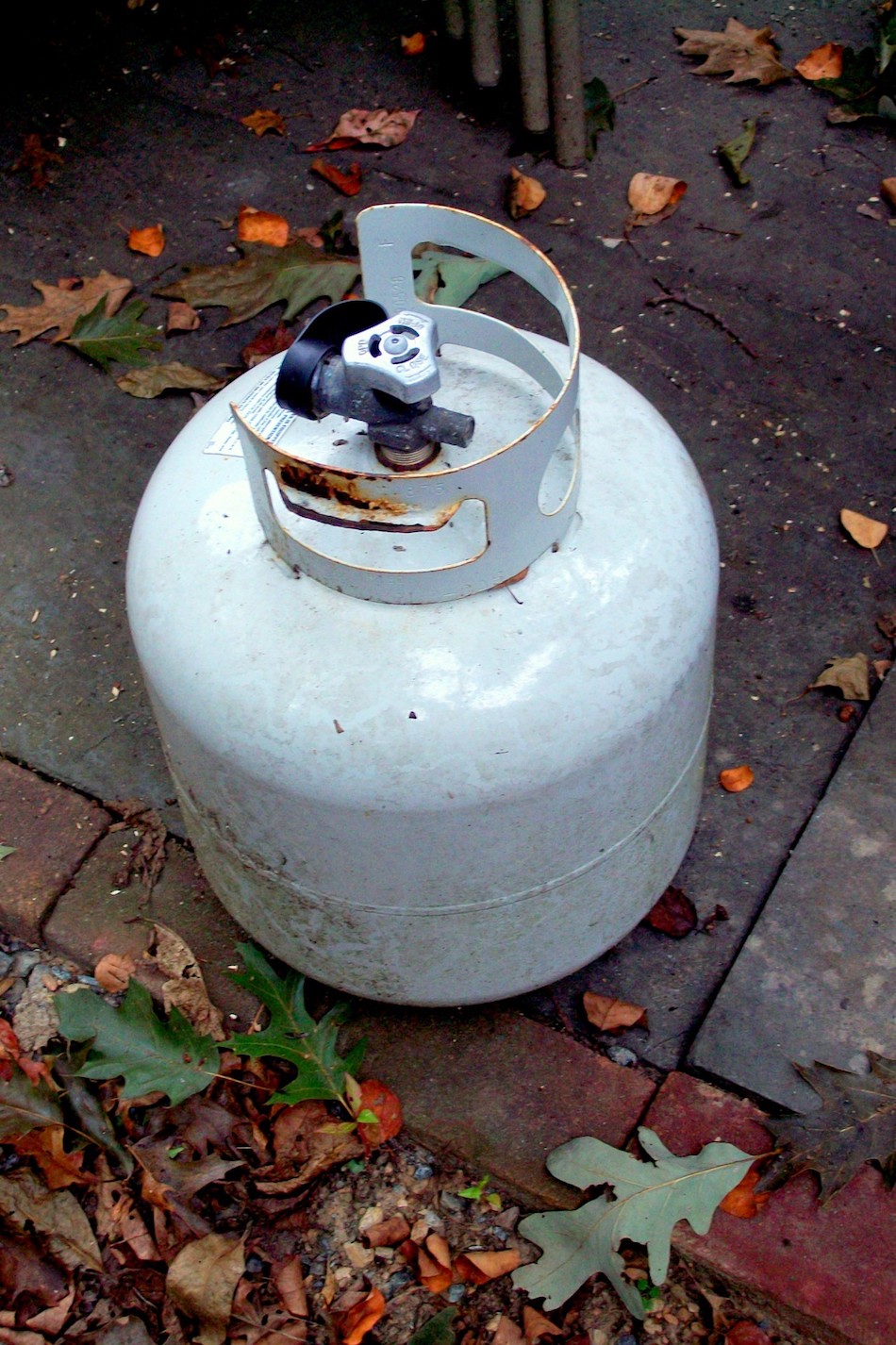
Storing propane tanks in any kind of enclosed area is a huge nope. If the tank ends up leaking, it not only makes the air toxic to breathe, it also creates a fire hazard.
Propane 101 says that they should be stored outside on a solid surface, away from any kind of ignition.
3. A Regular Refrigerator
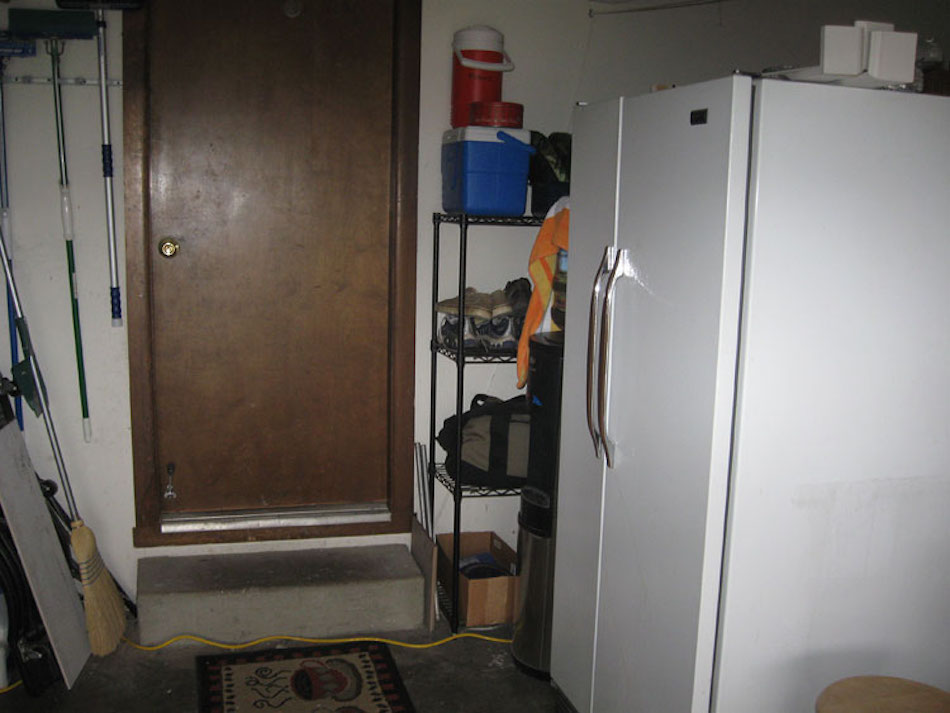
Keeping a refrigerator in an uninsulated garage can lead to a lot of wasted energy and improperly kept food. Most refrigerators are meant to function inside of a home with temperatures ranging from 60 to 85 degrees. There are also outdoor refrigerators that are made to exist in moderate to warm, wet climates.
Neither of these kinds of refrigerators will do well in a garage, which sees either extremely low or high temperatures. Most climates need a refrigerator made specifically for the garage to be able to function properly, says 3 Good Ones.
4. Cardboard
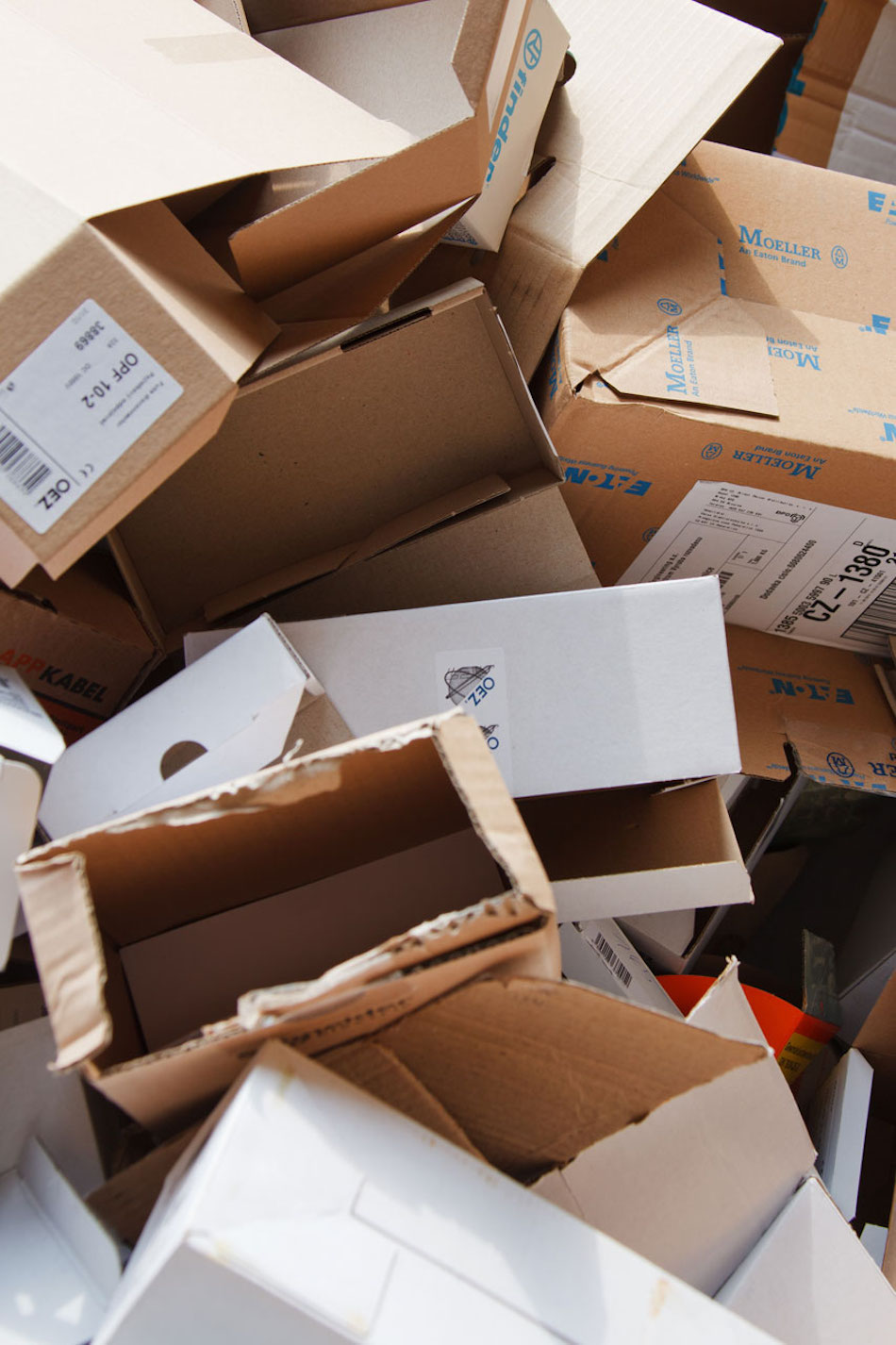
Strategies Online notes how much certain creepy crawlies like spiders and silverfish love cardboard. If you have leftover cardboard boxes, instead of storing them in your garage, you may want to recycle them.
Also, storing items inside cardboard boxes leaves whatever is inside vulnerable to pests and vermin. It's better to use plastic, impenetrable storage containers.
5. Clothing

Keeping clothing in the garage for long periods of time can lead to mildew and other damage from pests, grease, or gas, says Store Ur Stuff.
It's better to keep in an airtight plastic container in a cool, dry place. The garage is certainly not a constantly cool dry place.
6. Wooden Furniture
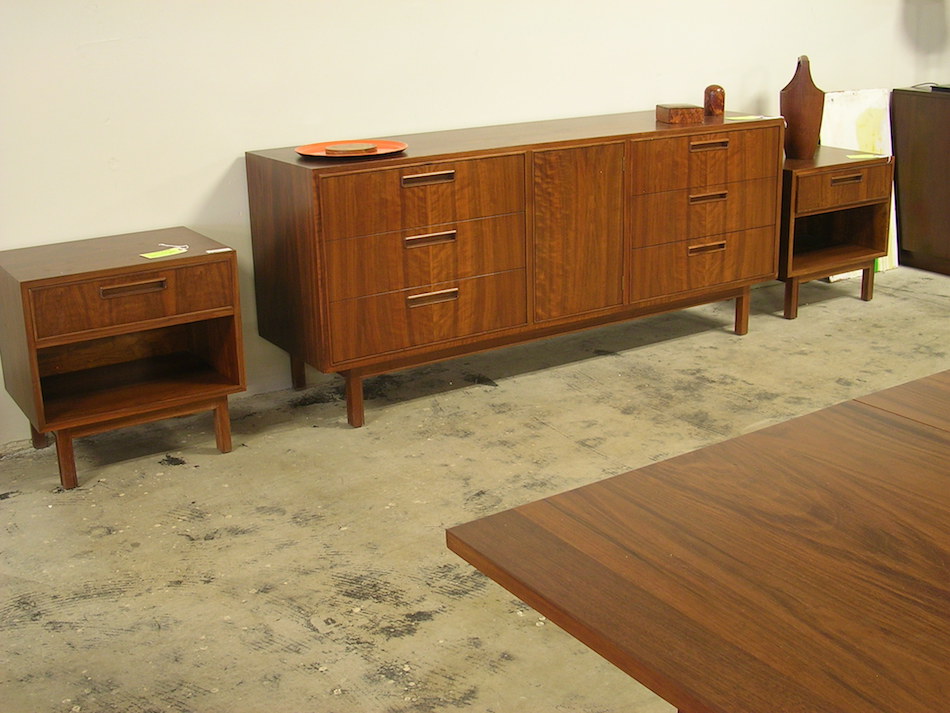
Wood grain will expand and contract with climate and humidity changes, leaving priceless wooden furniture absolutely worthless.
Your garage is a constantly changing and unregulated environment, for the most part, and you should never leave wooden furniture out there, especially if it is of sentimental or monetary value!
7. Old Electronics
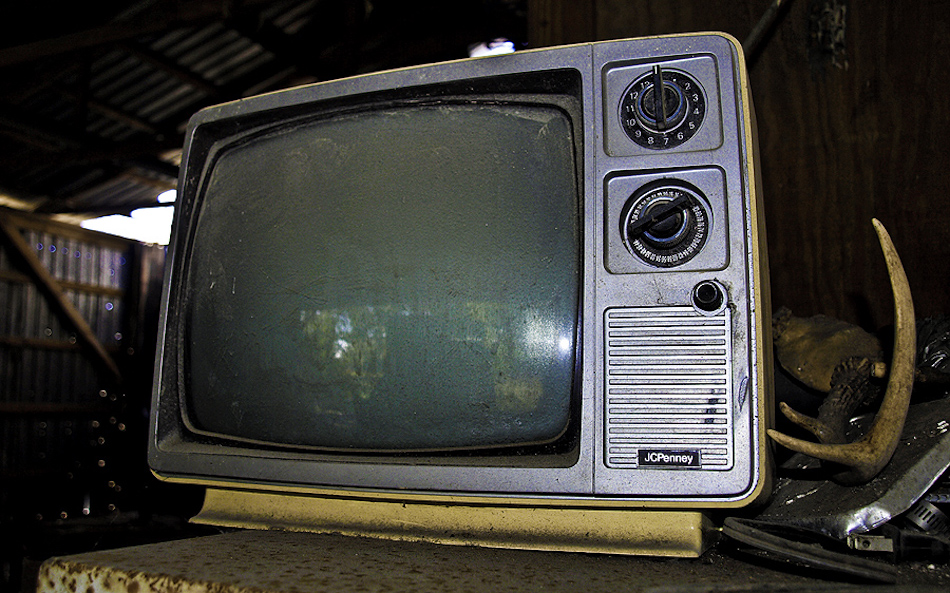
Not only should old electronics be recycled in the name of planet Earth, they will also get ruined in the garage. The heat can melt the circuiting, and tiny bugs can get into the wiring and wreak havoc.
If you don't want your old computer or TVs anymore, sell them, give them away, recycle them, or keep them in a cool, dry place. Basically, do anything but keep them in your garage.
8. Wine
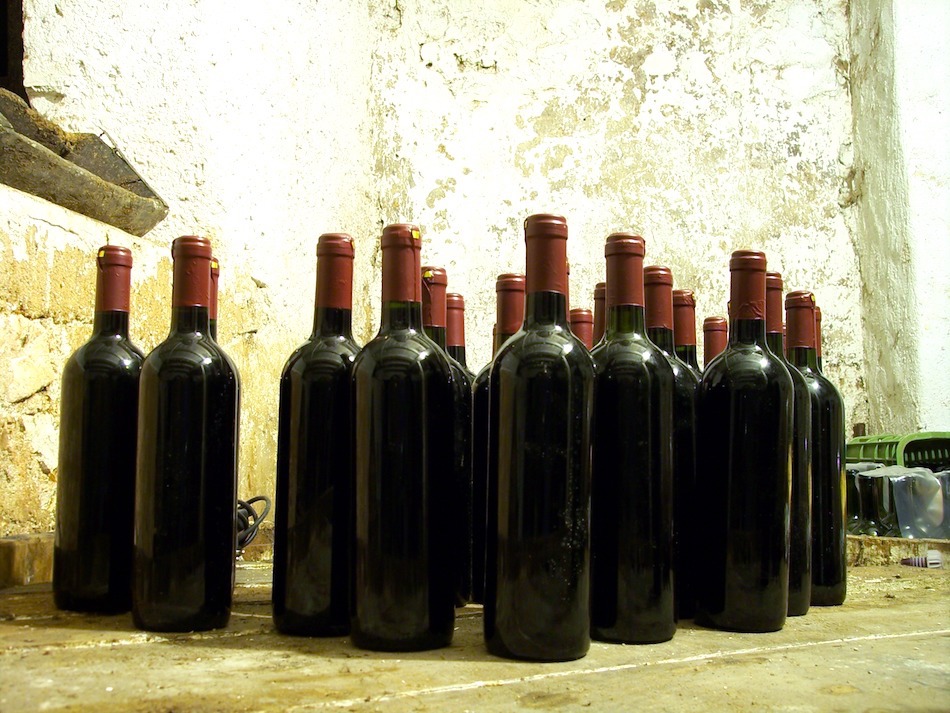
If you don't want your wine to spoil, keep it just about anywhere but your garage. Once again, those fluctuating temperatures will cause the wine to expand and contract, causing oxidation and ruining your wine!
Even a plain old wine rack inside of your home will be so much better, according to Vintage Cellars.
9. Priceless Photographs
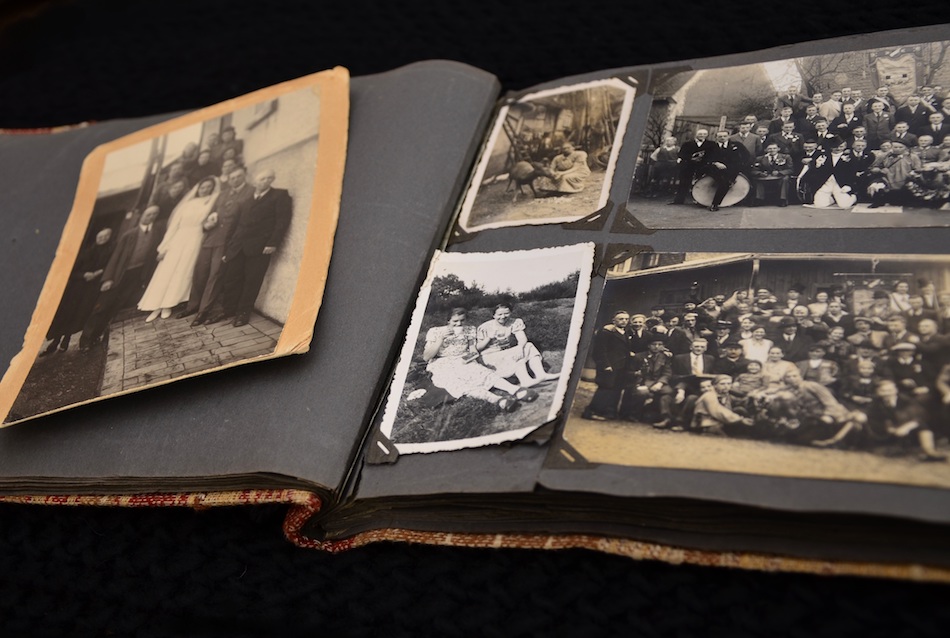
Home Storage Solutions recommends storing photos in a dry place that never exceeds 75 degrees, which eliminates pretty much everyone's garage, as well as the basement and attic.
Your photos should be kept inside your home in a safe place! Those memories are irreplaceable.
10. Canned Food
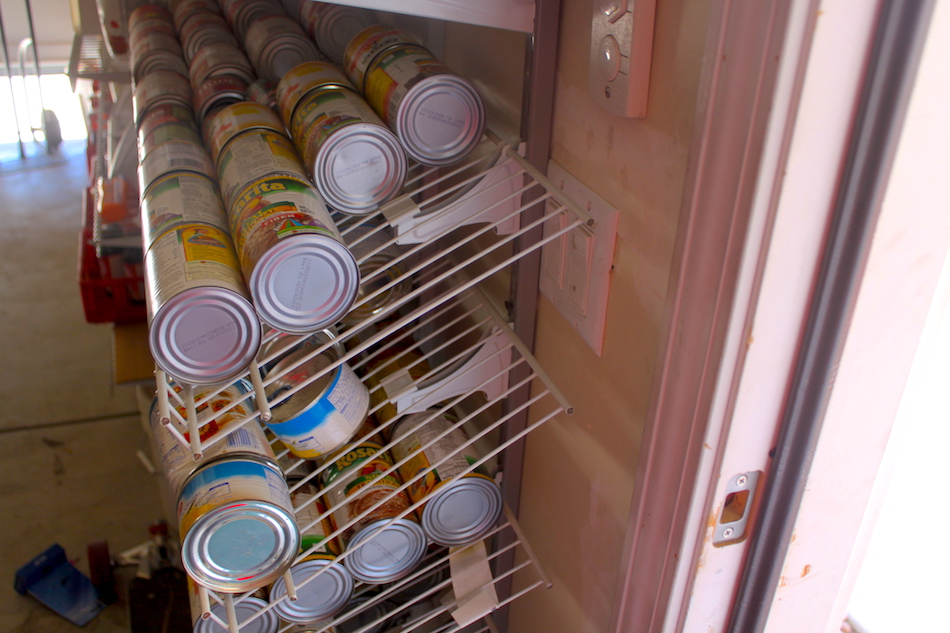
Canned food, while deemed "nonperishable," will spoil in time if you do not store it properly. In conditions over 75 degrees, you run the risk of your food losing nutritional value and spoiling.
It's much better to keep your canned food in a cool, dry cupboard inside of your home, according to Home Storage Solutions.
Do you have any of these things in your garage right now? Please SHARE with family and friends on Facebook!




